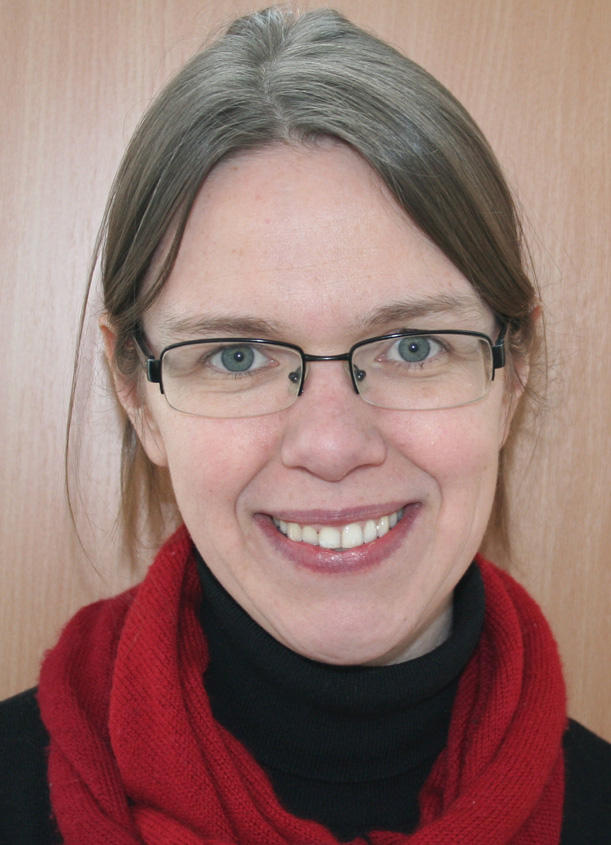- EU sceptics of all hues did well in the EU elections
Associate Professor Elisabeth Ivarsflaten says to newspaper Klassekampen that EU sceptics of all hues did well in the EU elections, with a few exceptions.

Hovedinnhold
- Shocking when EU sceptics are the winners in several countries
Associate Professor Elisabeth Ivarsflaten of the Department of Comparative Politics is an expert on far right parties in Europe. She is interviewed Tuesday May 27th by newspaper Klassekampen about the success of far right parties in the recent EU parliamentary elections.
She says to Klassekampen that «it is shocking when EU sceptics become the largerst parties in the UK, France and Denmark».
Will they be able to cooperate?
Ivarsflaten says it will be interesting to watch if the far right parties will be able to form a group in the EU parliament in order to have political influence.
- Marine Le Pen and Geert Wilders of the Dutch Freedom Party announced prior to the elections that they would form a parliamentary group. At the same time, Ukip has announced that it will not cooperate with Le Pen, Ivarslfaten notes, and says that with the large number of parliamentarians from this category of parties, they will be enough to form a 25 member group [to attain group status in the parliament, 25 MPs from seven member countries are required, ed.’s note].
- The challenge will be to get seven different parties from seven countries in this category, she notes, and adds that «their electoral support does not automatically translate into corresponding political influence in the parliament».
Read the interview here.
